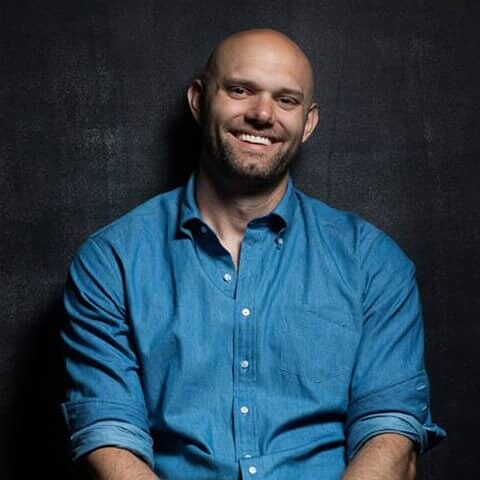 author
authorNorman Fischer
Zoketsu Norman Fischer is an American poet, writer, and Soto Zen priest, teaching and practicing in the lineage of Shunryu Suzuki. He is a Dharma heir of Sojun Mel Weitsman, from whom he received Dharma transmission in 1988. Fischer served as co-abbot of the San Francisco Zen Center from 1995–2000, after which he founded the Everyday Zen Foundation in 2000, a network of Buddhist practice groups and related projects in Canada, the United States, and Mexico. Fischer has published more than twenty-five books of poetry and non-fiction, as well as numerous poems, essays, and articles in Buddhist magazines and poetry journals.
Norman Fischer was born to a Jewish family in Wilkes-Barre, Pennsylvania, in 1946 and was raised in Pittston, Pennsylvania. As a child, he attended services with his parents at a Conservative synagogue. He received a B.A. from Colgate University, where he studied religion, philosophy, and literature, an M.F.A. in poetry from the Iowa Writers' Workshop at the University of Iowa, and an M.A. in history and phenomenology of religion at the University of California, Berkeley, and the Graduate Theological Union.
From 1970 through 1976, Fischer trained at the Berkeley Zen Center, a temple in the lineage of Shunryu Suzuki, under the guidance of Sojun Mel Weitsman. In 1976, he and his wife moved to Tassajara, a training monastery near Big Sur, where they lived as residential monastics for five years. In 1980, they were both ordained as Zen priests by Zentatsu Richard Baker, from whom Fischer received the dharma name Zoketsu Rinsho.
In 1981, they moved to Green Gulch Farm Zen Center in Marin County, California, where Fischer served in various monastic positions, including Director, Tanto (Head of Practice), and Co-Abbot from 1981 to 2000. During that time in 1988, he received a Dharma transmission from his longtime teacher, Sojun Mel Weitsman. From 1995 to 2000, Fischer served as co-abbot of the San Francisco Zen Center (SFZC), first with Sojun Mel Weitsman and then with Zenkei Blanche Hartman.
During his abbacy, Fischer supported the research, drafting, and formal institution of a women's lineage chant, alongside the traditional men's lineage chant, during services. Later, with poet and translator Peter Levitt, he supported the drafting of an official women's lineage paper—the first female lineage document in the history of any major world religion—which traces the line of female practitioners from the Buddha's time to the present and recognizes the important historical role of the Zen women ancestors.
As a senior Dharma teacher, Fischer continues to participate at the San Francisco Zen Center and its affiliate temples, giving talks and leading practice events. In 2000, he founded the Everyday Zen Foundation, which has practice groups in Canada, the United States, and Mexico. Fischer has also integrated Buddhist contemplative practices in business, law, and education—specifically for hospice workers, software engineers, and conflict resolution specialists.
In 1987, Fischer founded (among others) the Zen Hospice Project at the San Francisco Zen Center, for which he served as board chair for over 20 years and is now emeritus chair. He is also a faculty member of the Metta Institute, a training institute for hospice caregivers. In 2007, he developed (along with Chade-Meng Tan, Mirabai Bush, Daniel Goleman, and Jon Kabat-Zinn) the course on mindfulness and emotional intelligence, "Search Inside Yourself," which was originally taught at Google's program for employees, and has now been taught to over 20,000 people in more than 100 cities.
Fischer is currently involved with conflict resolution work at Gary Friedman and Jack Himmelstein's Center for Understanding in Conflict, where he trains conflict resolution professionals. He has also consulted with U.S. Army chaplains about incorporating Zen practices into their work. He has taught and lectured at Harvard, Yale, Brown, and Stanford universities, and in 2014, he gave the baccalaureate address at Stanford University. He has also served as a mentor to teenage boys; this experience is chronicled in his book Taking Our Places: The Buddhist Path to Truly Growing Up (HarperOne, 2003).
Fischer also teaches Zen workshops and retreats on the importance of compassion practice, as modeled in his book, Training in Compassion: Zen Teachings on the Practice of Lojong (Shambhala, 2013). This was the subject of a Spring 2016 online course taught by Fischer and offered through Tricycle Magazine in collaboration with San Francisco Zen Center.
Best author’s book




















